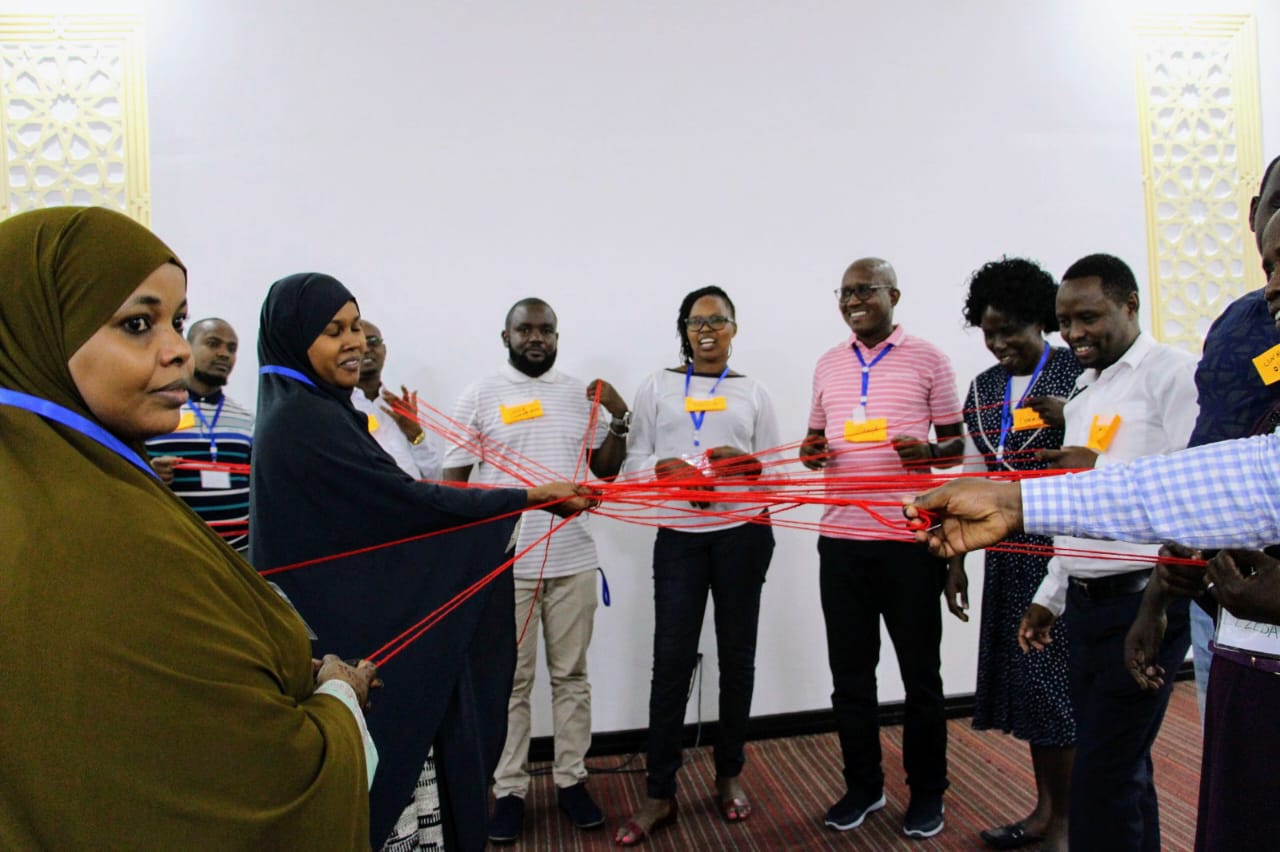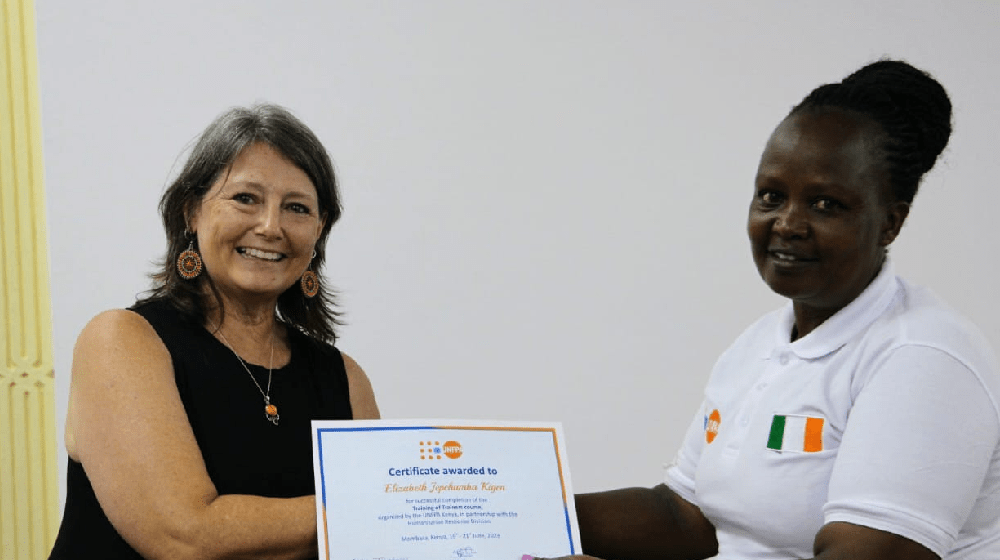In countries afflicted by conflict or natural disasters, neglecting sexual and reproductive health (SRH) needs can have devastating consequences, resulting in preventable maternal and newborn morbidity and mortality. These consequences include unsafe abortions, sexual violence, and traumatic genital injuries like fistula, leading to psychological trauma and diminished social and economic opportunities.
Kenya, a nation grappling with the impacts of both COVID-19 and drought, has seen a distressing rise in gender-based violence cases and faces a significant challenge in providing adequate SRH services. Among its vulnerable populations are over 600,000 refugees, including women and adolescent girls who require essential SRH and protection services.
The Critical Role of the Minimum Initial Service Package (MISP)
The Minimum Initial Service Package (MISP) for Sexual and Reproductive Health is a crucial set of life-saving activities designed to be implemented at the onset of any humanitarian crisis. Serving as a foundational framework, the MISP ensures SRH programming in emergencies, and it should be continuously built upon with comprehensive services throughout long-term crises and recovery efforts.
Empowering change through training and collaboration

Semi-Aril Land counties.
To bolster the delivery of the MISP for reproductive health in Kenya, the UNFPA Kenya Country Office partnered with the Humanitarian Response Division and the Humanitarian Unit in the East and Southern Africa Regional Office to train 29 trainers of trainers (ToTs) across 11 regions, primarily in the Arid and Semi-Arid Land counties, including Turkana, Marsabit, Mandera, Wajir, Garissa, Tana River, Isiolo, Samburu, Baringo, Lamu, and West Pokot. Participants also included essential stakeholders such as the Ministry of Health, and humanitarian actors including the Kenya Red Cross Society, and the International Rescue Committee.
Addressing participants at the training workshop, UNFPA Deputy Representative, Dr. Abiodun Oyeyipo reaffirmed UNFPA's unwavering commitment to ensuring gender sensitivity and inclusivity in the emergency and humanitarian response and resilience architecture. “We must extend a beam of hope to reach the furthest and most vulnerable populations, and offer them the care and protection they deserve,” noted Dr. Oyeyipo.
The training of trainers program, an essential component of the MISP Readiness Assessment recommendations undertaken by Kenya in 2022, seeks to empower these skilled professionals to advocate effectively for mainstreaming SRH and protection concerns during emergencies. The ToTs developed action plans to be rolled out over six months, with support from UNFPA.
“By using their newfound expertise, the ToTs can now embark on creating lasting change by ensuring access to essential sexual and reproductive health services to the most vulnerable, in challenging circumstances,” says UNFPA Humanitarian Specialist John Wafula.


